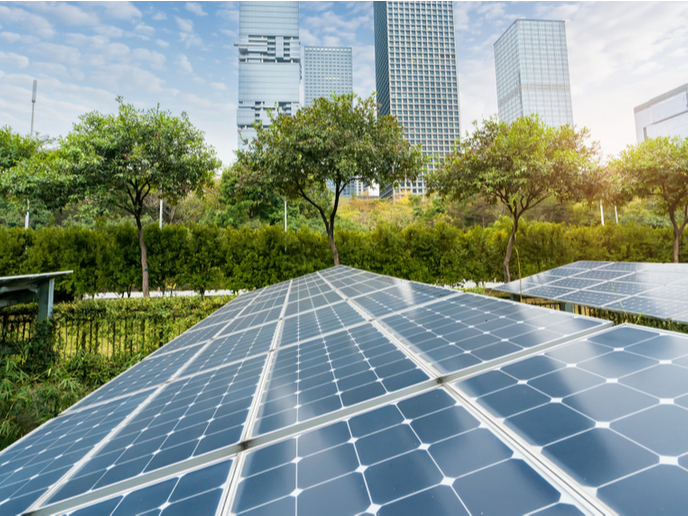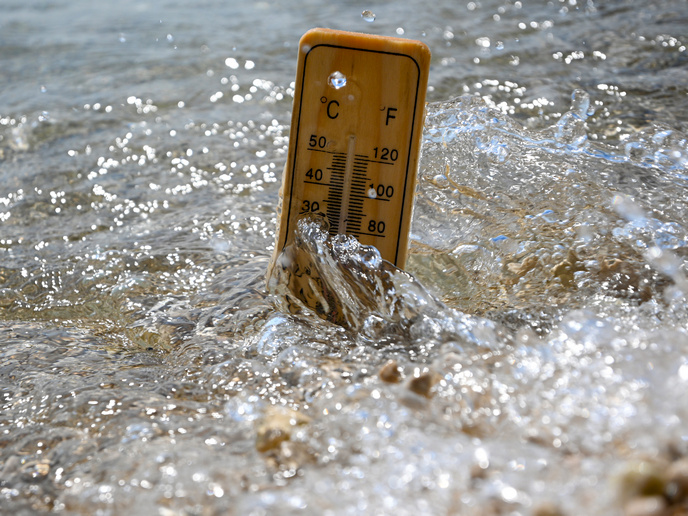Clearing a path for Europe’s decarbonisation
Tackling climate change is akin to hitting a moving target. When DEEDS (DialoguE on European Decarbonisation Strategies) was launched in October 2017, the Paris Agreement and the European Commission’s visions for climate neutrality had only defined what that target was: climate neutrality by 2050. The debate on which means should be used by Member States and businesses to reach it was just heating up across Europe, and the fear of prohibitive costs and negative social impact has been strong ever since. In the space of 3 years, DEEDS dealt with these uncertainties by devising six decarbonisation pathways for important economic sectors, with a focus on enabling technology, social innovation, and economic and societal conditions. The project team created a network of leading scientists and relevant research projects, delivered a Research Agenda and a guide for businesses, and even provided COVID-specific policy briefs. The team also supported the High-Level Panel (HLP) of the European Decarbonisation Pathways Initiative in the creation of its final report.
Known unknowns
“There are two main challenges at hand,” explains Adriaan Slob, DEEDS project coordinator and a senior researcher at TNO, an independent research centre in the Netherlands. “Firstly, the idea of a climate-neutral society has yet to be fully embraced. Circumstances in some Member States and fear of the consequences of pro-environmental measures call for better insights into possible technology pathways, their impacts, and the societal conditions for their take-up.” He adds: “Secondly, we know that the design of decarbonisation pathways must deal with many uncertainties. The pathways constantly need to be evaluated and benchmarked against new insights and developments.” The HLP report addresses the first challenge by providing research and innovation recommendations addressing sectors such as energy production, mobility, industry, agriculture, cities, green finance, innovation and lifestyles. While the report provides a total of 68 recommendations divided up by sector, it was followed by workshops involving policymakers, scientists, businesses, industry and civil society. The policy briefs and business guide are the key outcomes of these workshops. Out of the many ideas put forth in the Research Agenda, Slob finds three to be particularly innovative. “I would say the ones on social innovation, cities, and innovation and finance. These are topics that are normally left out,” he says. In the financial sector for instance, the project team calls for a complete restructuring where investments would be diverted towards low-carbon technologies and processes. They particularly insist on the need for new approaches to overcome what they call the “financial market myopia” or short-sightedness, as well as the need for more predictable and coherent regulatory frameworks.
The role of cities
“Our Research Agenda was written with the Green Deal in mind, to provide concrete input for Horizon Europe calls. Much of what’s in the report has been used for the calls that are coming out now,” Slob explains. In addition to this Research Agenda, the project team provides interested businesses with specific recommendations based on their sector. Companies active in the energy, transport, agriculture, forestry, industry and building sectors can use it as a reference to map out their own decarbonisation pathway. Last but not least, the project provides a ‘Scenario Explorer’ that compiles climate scenarios published across various databases. With the project now completed, Slob intends to focus on the decarbonisation of cities. “What role can cities play? How should they fill their role in reaching climate-neutral cities? What decision-making processes should be in place? How do we deal with the local innovation ecosystem? These are some of the questions I will be addressing in future work,” he concludes.
Keywords
DEEDS, climate change, decarbonisation, Europe, pathways, recommendations, energy, transport, neutrality







